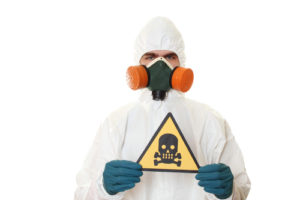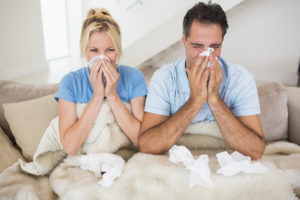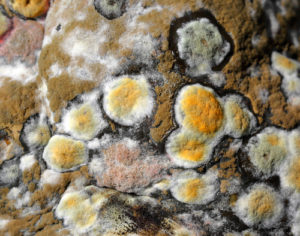Can Exposure to Mold Cause Hair Loss?

Don’t let mold cost your body more than it should.
Have you experienced excessive hair loss? Don’t panic – you could have a mold problem! Mold is an invasive issue that causes countless troubling allergic reactions. Hair loss can occur in both adults and children because of mold infestation. Our Manhattan mold removal team strives to help locals lead healthier lives that are free of mold and its many disturbing symptoms. You can stop the hair loss with a little help from the mold experts!
Just Don’t Breathe
It’s extremely difficult to avoid frightening symptoms when the very air you breathe is infected with mold spores. Blood vessels or capillaries that allow life-giving blood to flow to your hair follicles can be inhibited by your body’s production of histamine. Histamine production is triggered by allergic reactions due to inhaling mold spores into the body. Too many mold spores in the air you breathe can eventually lead to baldness.
Stop the Downward Spiral
How can you protect your health and hair from the harmful effects of mold? Hiring our Manhattan mold removal team can get you on the right path to mold freedom. Manhattan locals are used to the high humidity levels in the area and so are mold spores. A thorough mold inspection by Stern Mold’s Manhattan mold removal experts can stop balding and get your health back on track.
After the mold problem is remediated your dormant hair follicles can reemerge. Your healthcare professional may recommend treatment options to help ensure your hair’s regrowth. There are various anti-fungal prescriptions available to help protect your body from the health-damaging mold infiltrating your peace of mind. Schedule a free inspection. We’ll help you rediscover healthy living again!




